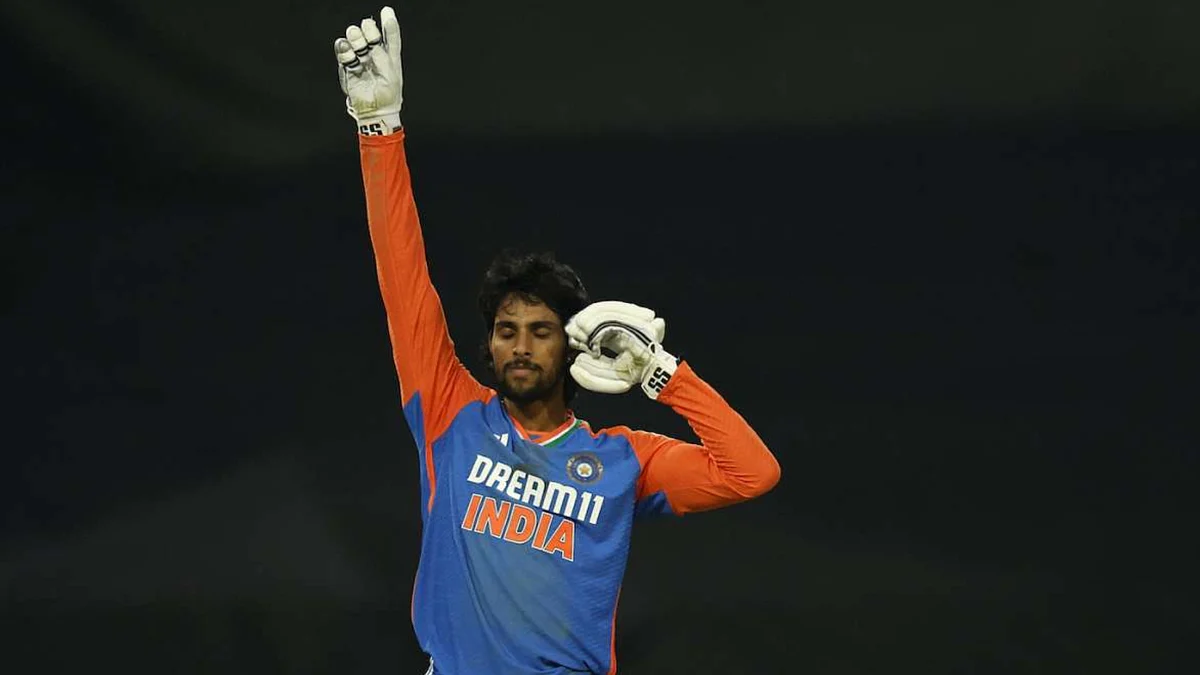Mumbai: The BMC has received 53 suggestions and objections from citizens, activists, and government agencies concerning the draft policy for outdoor advertisement displays in Mumbai. A common recommendation is to ban video advertisements and ads on moving vehicles due to concerns about driver distraction.
Additionally, after receiving objections from the Railways, the Maharashtra State Road Development Corporation (MSRDC) has expressed resistance to sharing 50% of hoarding revenue with the BMC. In light of these developments, the BMC has extended the deadline for public feedback to September 9.
The deadline for citizen feedback set by the BMC concluded on Monday. However, several activists, including those from the Mumbai Metropolitan Region Development Authority (MMRDA), argued that the time allocated for submitting objections was insufficient and have called for an extension.
Common recommendations among the feedback include implementing restrictions on digital hoardings, limiting their luminance levels, and prohibiting illuminated advertisements on moving or abandoned vehicles, as well as at junctions and flyovers.
"Some housing societies have objected to the BMC's decision to ban hoardings on building terraces. They argue that this policy change will adversely affect them financially, as they have existing agreements with hoarding companies. Terminating these contracts could lead to significant financial repercussions for the societies," said a civic official.
In their objection, the Maharashtra State Road Development Corporation (MSRDC) has opposed the BMC's proposal that all agencies should share 50% of their revenue from outdoor advertising with the civic body. The Railways formally objected to the BMC's draft, referencing a 2017 Bombay High Court judgment.
The railways have said that provisions of the BMC Act do not apply to hoardings on railway property. They mentioned that the draft policy creates a mis-impression within the advertising market and other govt agencies by implying that it governs railway hoardings.
Several other actvisit like Sumaira Abdulali from Awaaz Foundation, Godfrey Pimenta, Nicholas Almeida and Vivienne D’Souza have objected stating that policy fails to address critical issues on climate, environment and safety.
The BMC has appointed UL Solutions to assess the appropriate lux levels for digital hoardings. This study will measure the brightness of hoardings during morning, afternoon, and evening hours. Based on these findings, the company will establish recommended limits, which will then be submitted to the committee responsible for drafting the policy.

Additionally, the BMC has engaged Civis, an NGO, to conduct a citizen survey on digital hoardings at 10 different locations, according to a senior civic official.
.jpg?width=1200)









